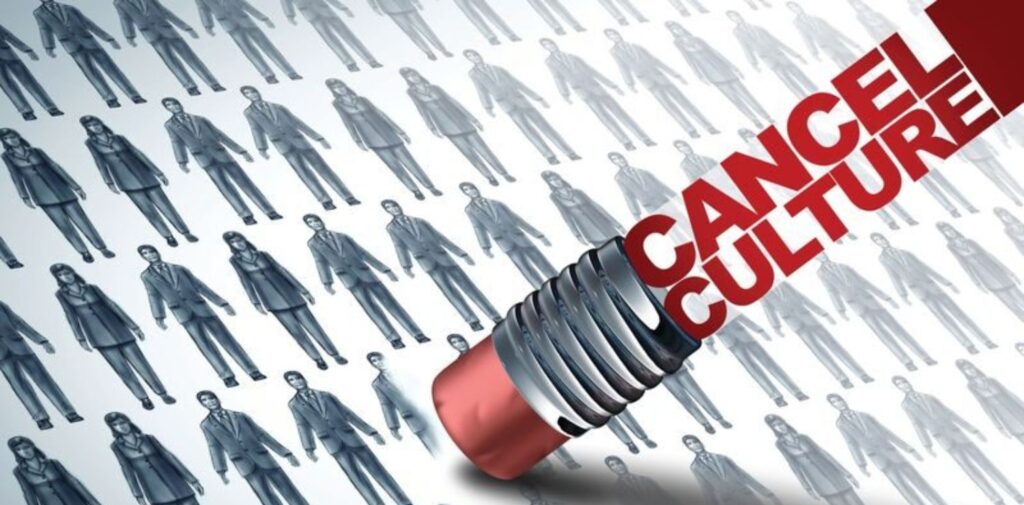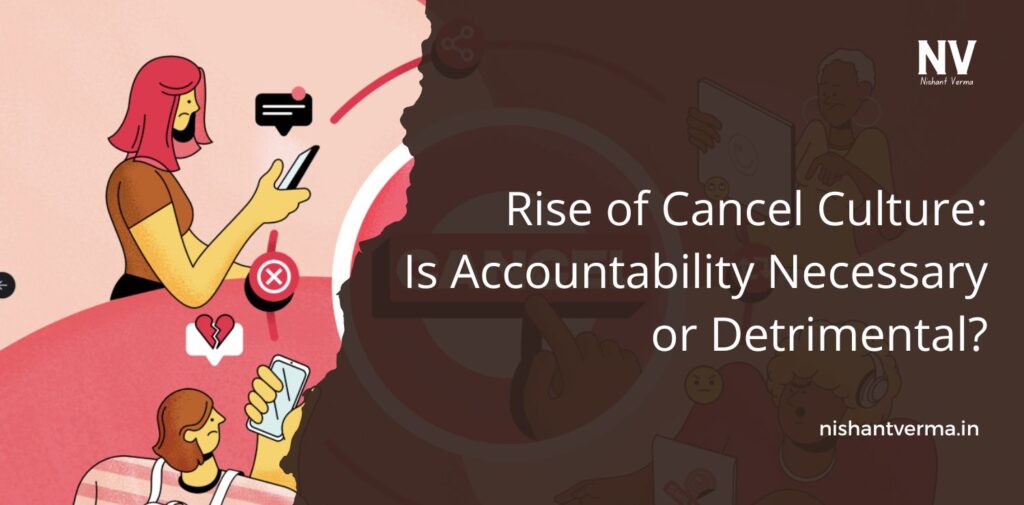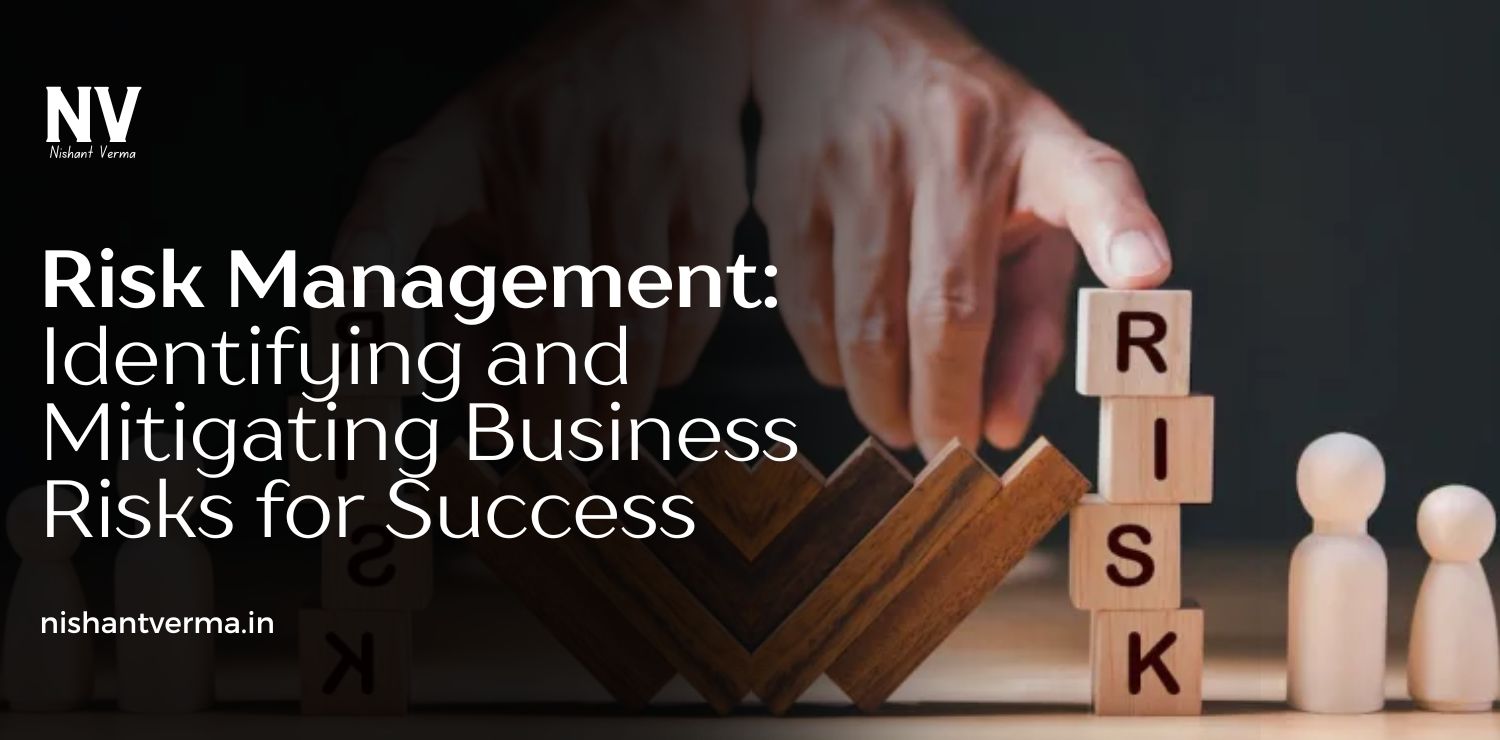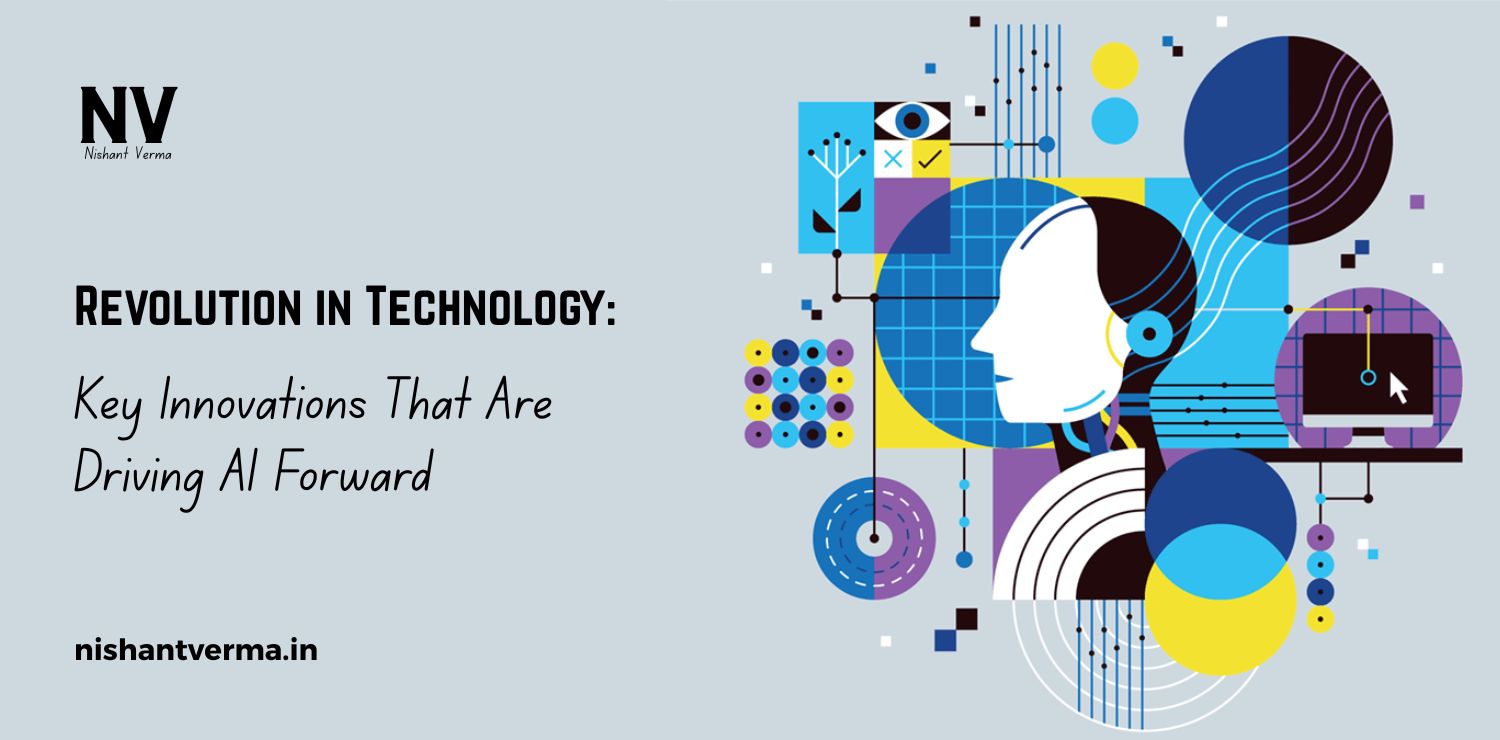In the last few years, the term “cancel culture” has become a major topic of discussion on social media and in the news. It refers to the practice of publicly shaming or boycotting people, especially celebrities or public figures, for actions or statements that are seen as offensive or harmful. In India and around the world, cancel culture has sparked debates about whether it is a form of accountability or if it goes too far and becomes harmful.
In this article, we will explore what cancel culture is, why it has become so popular, and whether it is truly necessary or if it is causing more harm than good. We will also discuss how accountability can be maintained in a way that encourages growth and learning instead of just punishment.
What is Cancel Culture?
Cancel culture refers to the practice of publicly criticizing, boycotting, or “canceling” someone—usually on social media—because of something they have said or done that is considered offensive, controversial, or harmful. This often happens when a person’s past actions or words come to light, leading to public outrage. As a result, the person may lose their job, face social rejection, or be removed from public platforms or shows.
For example, if a celebrity is found to have made racist comments in the past, people on social media might demand that they be “canceled,” meaning that they should be fired from their work, removed from social platforms, or publicly shamed for their actions.

Why Has Cancel Culture Grown?
Cancel culture has become more prevalent in recent years, especially with the rise of social media platforms like Twitter, Instagram, and TikTok. Here are some reasons why it has gained such popularity:
Social Media Role
Social media has given people a powerful platform to express their opinions and organize collective action. In the past, when someone made a mistake, it might have gone unnoticed or been forgotten over time. But with social media, people can now share their concerns instantly, leading to widespread discussions and sometimes, public outrage.
Platforms like Twitter have made it easier for people to call out others for inappropriate actions, and hashtags like #MeToo or #BlackLivesMatter have shown how social media can be used to hold people accountable for their behavior.
Increased Awareness of Social Issues
In recent years, there has been greater awareness of various social issues, such as racism, sexism, homophobia, and exploitation. People are more conscious of how words and actions can hurt marginalized groups, and they demand accountability from those who perpetuate harmful behavior. Cancel culture is often seen as a way to address these concerns and bring about justice.
The Desire for Change
Many people believe that cancel culture is a way to push for social and cultural change. By canceling people who engage in harmful behavior, individuals hope to show that such actions are not acceptable in society. It is seen as a tool for creating a more inclusive and respectful world.
Benefits of Cancel Culture: Holding People Accountable
While cancel culture has received a lot of criticism, it is important to recognize that it is often seen as a tool for holding individuals accountable for their actions. Let’s look at some of the positive aspects:
Giving a Voice to the Marginalized
Cancel culture can give a platform to people who have been historically marginalized. It allows individuals or groups who have suffered from discrimination or mistreatment to call out harmful behavior and demand justice. In India, for example, cancel culture has been used to call out celebrities or influencers who make casteist, racist, or sexist comments. This helps raise awareness about important issues that often go ignored in mainstream society.
For example, when Bollywood celebrities make inappropriate jokes about castes or communities, cancel culture gives ordinary people the power to call out such behavior, leading to discussions about how society can be more inclusive and respectful.
Challenging Powerful Figures
Cancel culture can challenge powerful people, including celebrities, politicians, and business leaders, who may feel untouchable because of their wealth or influence. Social media allows ordinary people to hold these figures accountable for their actions, whether it’s for promoting harmful ideas or exploiting others.
For instance, when people spoke out about the mistreatment of workers in factories or criticized unethical business practices, cancel culture became a way to highlight these issues and demand change. It holds public figures responsible for their actions and makes it clear that power should not protect anyone from scrutiny.
Promoting Social Change
Cancel culture can be a tool for promoting positive social change. It encourages individuals to think critically about their actions and the impact they have on others. By “canceling” someone for harmful behavior, society can show that certain actions—like racism, misogyny, or bullying—are not acceptable.
In India, where issues like caste discrimination, gender-based violence, and religious intolerance have been persistent, cancel culture has forced people to confront these problems and sparked discussions on how to create a fairer and more just society.

Drawbacks of Cancel Culture: Does It Go Too Far?
While cancel culture can have positive effects, it also has its drawbacks. Sometimes, it can go too far and cause more harm than good. Let’s take a look at the downsides:
Lack of Context and Forgiveness
One of the main criticisms of cancel culture is that it often fails to take the context of a person’s actions into account. For example, people may be “canceled” for things they did years ago, without considering that they may have changed or apologized for their behavior. People can make mistakes, but cancel culture often leaves no room for growth or redemption.
In India, there have been cases where celebrities or public figures were canceled for comments made a long time ago, and despite apologizing, they faced harsh consequences. This lack of forgiveness can sometimes be harmful, as it does not allow people to learn from their mistakes and improve.
It Can Be Harmful to Mental Health
Being “canceled” can have a significant impact on a person’s mental health. Public shaming, online harassment, and the loss of professional opportunities can lead to feelings of depression, anxiety, and isolation. For celebrities and public figures, the constant scrutiny can be overwhelming, especially when it leads to personal attacks and threats.
In India, many celebrities and influencers have faced severe online bullying after being “canceled.” While they may have made mistakes, the intense public backlash can be damaging to their well-being.
It Can Lead to Mob Mentality
Cancel culture can sometimes encourage a mob mentality, where people rush to judgment without fully understanding the situation. Social media users may get caught up in the excitement of calling someone out, often without taking the time to verify facts or hear both sides of the story. This can lead to unfair punishment and harm to innocent people.
In some cases, the pressure to cancel someone can be driven by personal grudges or online drama, rather than genuine concerns about harmful behavior. This can result in the wrongful targeting of individuals who may not deserve the level of backlash they receive.
The Fear of Speaking Out
The fear of being canceled can sometimes silence important discussions or prevent people from expressing their opinions. In India, where people have different cultural and social beliefs, the fear of cancel culture might stop individuals from engaging in open debates or learning from each other’s viewpoints. This can lead to a lack of freedom of speech and stifle meaningful conversations.

Finding a Balance: Accountability Without Harm
So, how can we ensure that we hold people accountable without going too far? Here are some ways to strike a balance:
- Encourage Growth and Education: Instead of simply canceling someone, it’s important to give them a chance to learn and grow. If someone makes a mistake, offer them an opportunity to apologize and educate themselves. In India, where cultural traditions and social norms vary, it’s important to have conversations that help people understand why their actions were harmful, rather than just shaming them.
- Focus on Real Change: Cancel culture should not just be about punishing individuals, but about creating lasting change. It’s important to use the power of social media to highlight issues and bring attention to important causes. Rather than focusing solely on canceling people, we should encourage positive actions that lead to a more inclusive and respectful society.
- Show Compassion and Forgiveness: People make mistakes, and while there should be consequences for harmful actions, it’s also important to show compassion and offer forgiveness when someone is genuinely sorry and willing to change. In India, where family and community play a central role in society, showing empathy and giving people a chance to make amends can help build stronger, more supportive communities.
Conclusion: Accountability is Necessary, but So is Compassion
Cancel culture has brought attention to important social issues and has helped hold people accountable for their actions. However, it is important to remember that accountability should be fair, context-driven, and focused on growth rather than punishment.
By balancing the need for accountability with compassion and forgiveness, we can create a society where people learn from their mistakes, make positive changes, and contribute to a more inclusive and just world. In India, where values of community, family, and respect are important, it’s essential to approach culture in a way that promotes understanding, rather than division.




